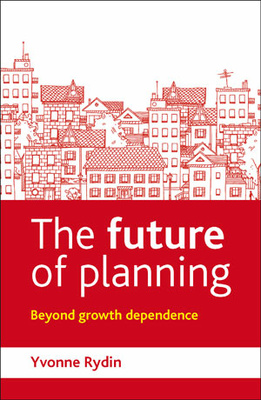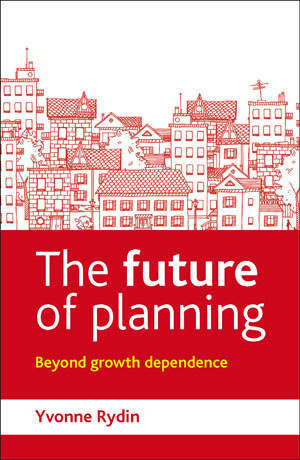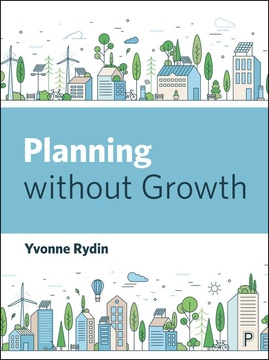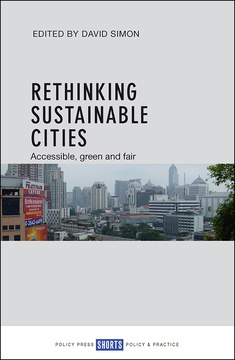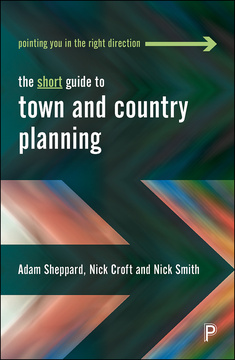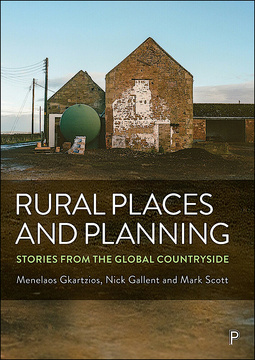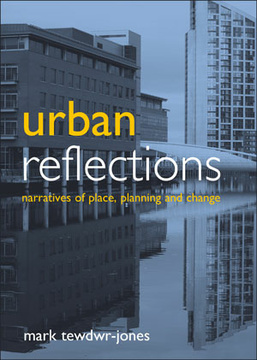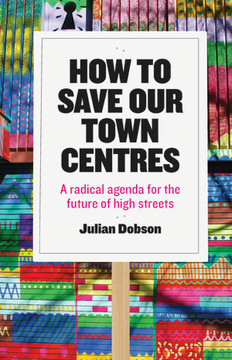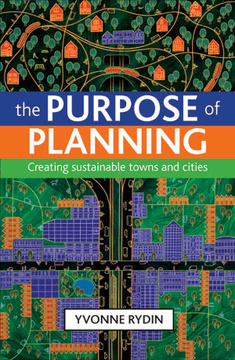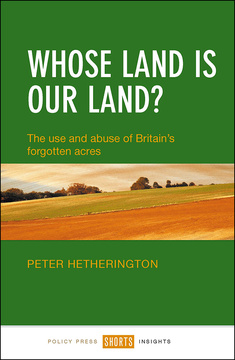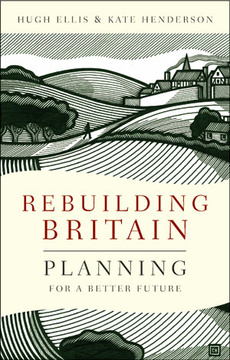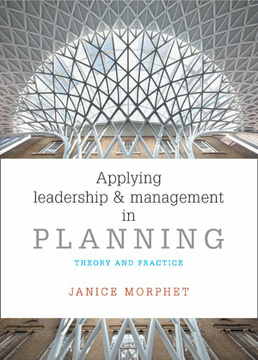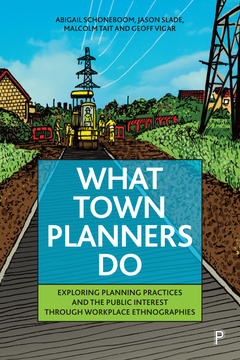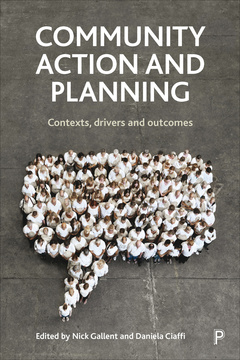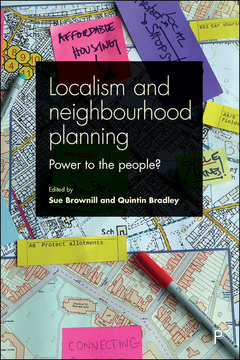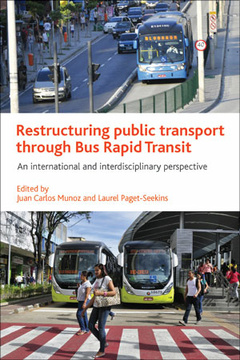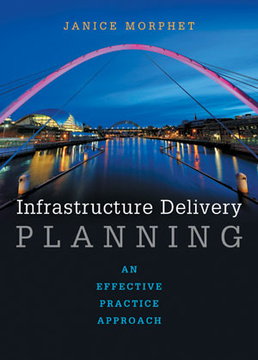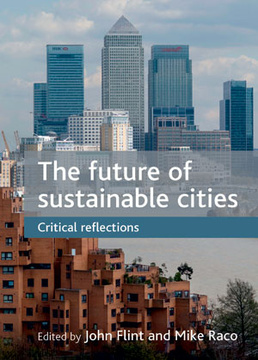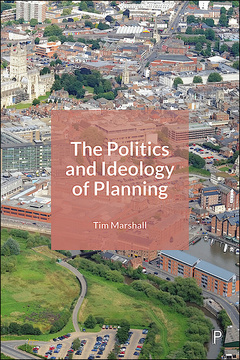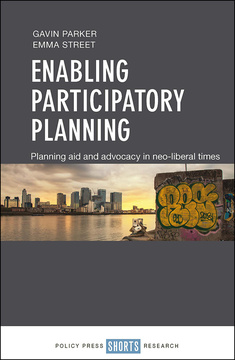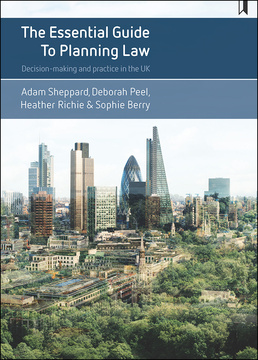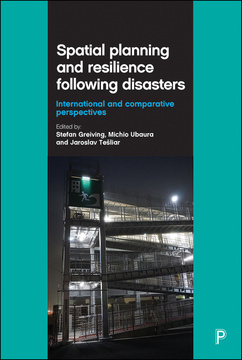Published
Sep 11, 2013Page count
208 pagesISBN
978-1447308409Dimensions
198 x 129 mmImprint
Policy PressPublished
Sep 11, 2013Page count
208 pagesISBN
978-1447308416Dimensions
198 x 129 mmImprint
Policy PressPublished
Sep 11, 2013Page count
208 pagesISBN
978-1447312079Imprint
Policy PressPublished
Sep 11, 2013Page count
208 pagesISBN
978-1447312086Imprint
Policy PressFor the past half-century, the planning system has operated on the basis of a growth-dependence paradigm. It has been based on market-led urban development and has sought to provide community benefits from a share of development profits. However, we do not live in a world where growth can be taken for granted and we are more aware than previously of the implications for well-being and sustainability. This timely book provides a fresh analysis of the limitations of the growth-dependence planning paradigm. It considers alternative urban development models, ways of protecting and enhancing existing low value land uses and means of managing community assets within the built environment. In each case it spells out the role that a reformed planning system could play in establishing a new agenda for planning. The book will be of relevance to planning students, planning professionals and planning academics, as well as urban policy specialists more generally.
"Contains much that will engage anyone who has an interest in the kinds of villages, towns and cities we should build in Britain." International Planning Studies
"In this excellent book, Yvonne Rydin skilfully critiques the current growth-dependent British planning system while offering a comprehensive and progressive agenda for its reform using the concept of ‘just sustainability.’" Julian Agyeman, Tufts University, USA.
Yvonne Rydin is Professor of Planning, Environment and Public Policy in the Bartlett School of Planning, University College London, with over thirty years of experience in researching and teaching in planning. She specialises in governance for urban sustainability looking both at topics such as urban energy, air quality and green spaces, and also processes such as the regulation of urban development, strategy preparation and the production of indicators.
Preface;
Introducing growth-dependent planning;
Embedding Growth-Dependence in the Planning System;
The Growth-Dependent Planning Paradigm;
The Flawed Economic Assumptions of Growth Dependent Planning;
The Environmental and Social Consequences of Growth Dependent Planning;
Reforming the Planning Agenda;
Alternative Development Models;
Protecting and Improving Existing Places;
Assets in Common;
Reforming the Planning System.







